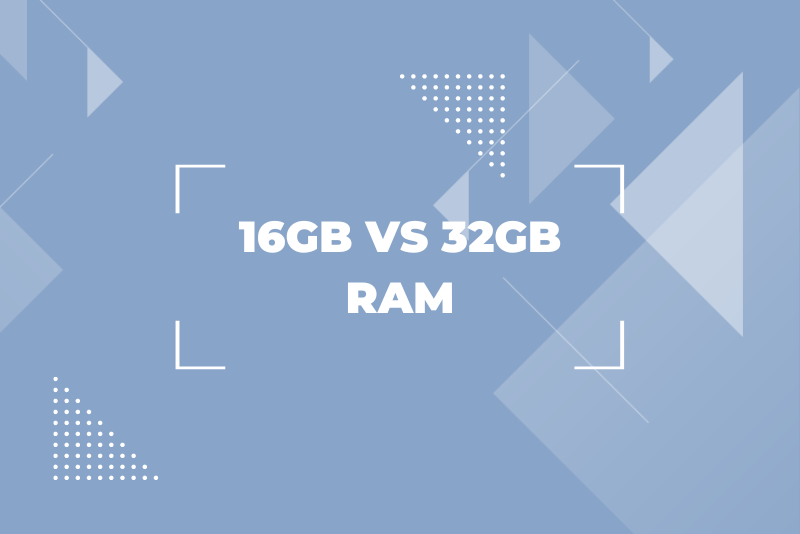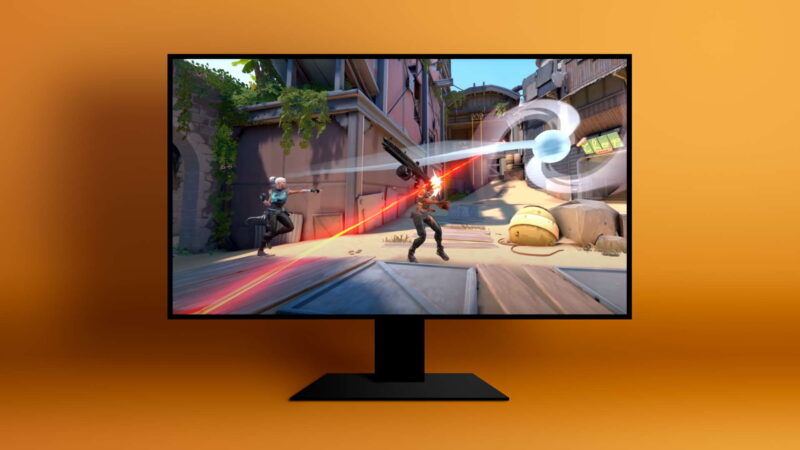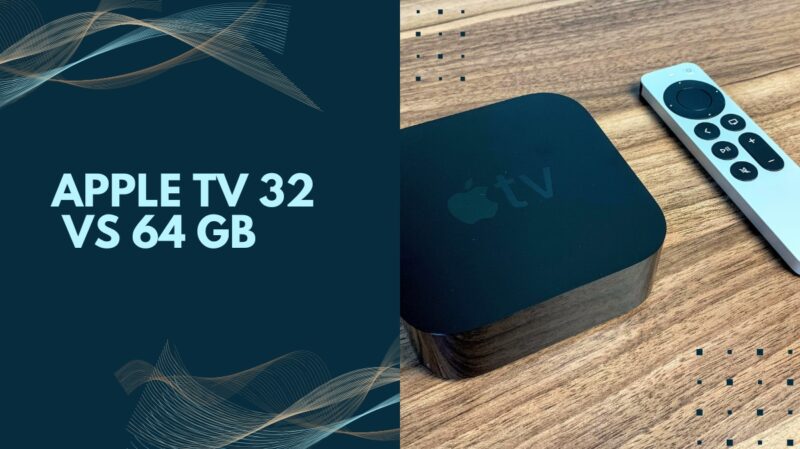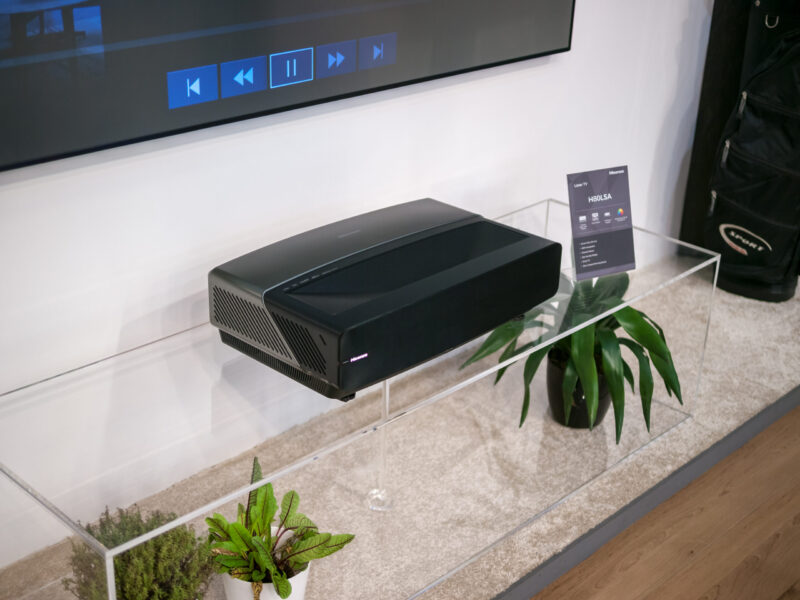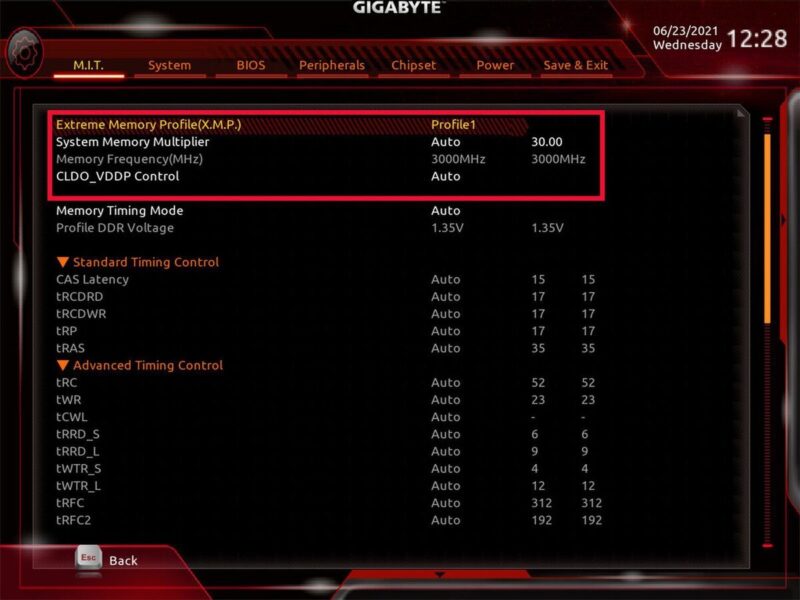First of all, having 16GB of RAM is more than decent, at least in most cases. But there are advanced processes where upgrading it to 32GB can offer a serious advantage. We will discuss more about this in the following sections.
Why Does RAM Matter?
RAM (Random Access Memory) is a type of computer memory that stores data and machine code for your computer to access quickly. Unlike your hard drive or solid-state drive (SSD), which is used for long-term storage, RAM is responsible for temporarily holding data that your computer’s processor (CPU) needs to access frequently.
In simpler terms, think of RAM as your computer’s short-term memory. The more RAM you have, the more data your computer can access quickly, which results in smoother multitasking and improved performance overall.
16GB RAM – The Sweet Spot for Most Users
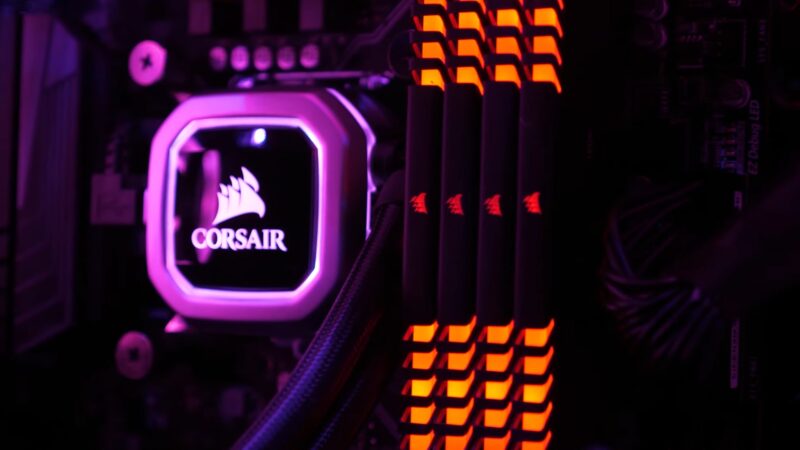
16GB of RAM has long been considered the sweet spot for the majority of users. It offers a balanced combination of performance and cost-effectiveness, making it the go-to option for most people.
Pros
- Adequate for Daily Use: For most users, 16GB of RAM is more than sufficient to handle everyday tasks like web browsing, document editing, and media consumption. It can also support light gaming and basic photo and video editing without breaking a sweat.
- Cost-effective: If you’re on a budget, 16GB of RAM offers the best bang for your buck. It provides a significant performance boost over 8GB, while still being considerably more affordable than 32GB.
- Wide Compatibility: Many mid-range and high-end laptops and desktops come with 16GB of RAM by default, making it a widely compatible option.
Cons
- Limited for Demanding Applications: While 16GB of RAM is adequate for most users, those who work with demanding applications like 3D rendering, virtual machines, or high-resolution video editing may find it limiting.
- Not as Future-Proof: As software and operating systems continue to evolve, 16GB of RAM may eventually become insufficient for optimal performance.
32GB RAM – When More is Better

For power users who need the utmost performance and future-proofing, 32GB of RAM is the way to go. This memory capacity is perfect for those who regularly work with demanding applications or run multiple virtual machines.
Pros
- Perfect for Demanding Applications: If you work with high-resolution video editing, and 3D rendering or run multiple virtual machines, 32GB of RAM provides the performance boost you need to work efficiently.
- Improved Multitasking: With 32GB of RAM, you can keep multiple applications and browser tabs open without worrying about your computer slowing down. This means you can work seamlessly, even when running resource-intensive tasks in the background.
- Future-Proofing: As software and operating systems become more demanding, 32GB of RAM will ensure your computer can handle these advancements without needing an upgrade for a longer time.
Cons
- Expensive: The main drawback of 32GB RAM is its cost. It’s a significant investment, particularly if you’re on a budget. It’s essential to weigh the benefits against the increased cost to determine if it’s worth the extra money.
- Limited Compatibility: While many high-end laptops and desktops support 32GB of RAM, some mid-range devices may not have the option for this memory capacity.
Factors to Consider When Choosing Between 16GB and 32GB RAM
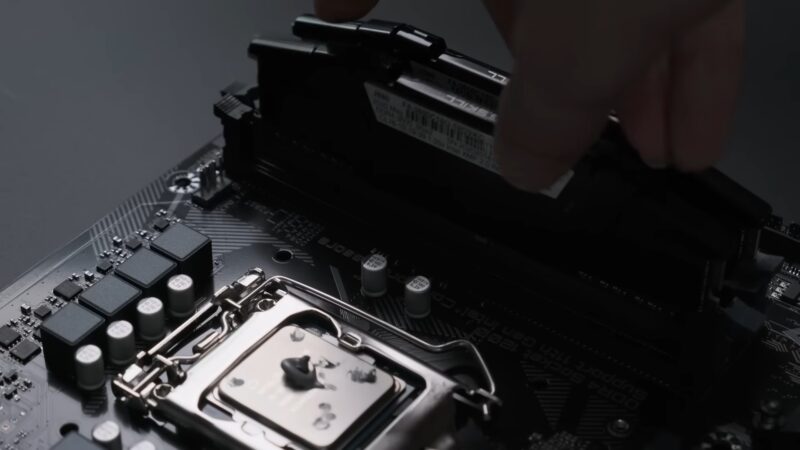
Before making a decision, it’s crucial to consider the following factors to ensure you choose the right amount of RAM for your needs.
Your Usage Patterns:
Analyze your daily computer usage to determine if you need the extra power of 32GB RAM. For everyday tasks and light gaming, 16GB should suffice. However, if you frequently work with demanding applications or require smooth multitasking, 32GB may be worth the investment.
Cost
As mentioned earlier, 32GB of RAM is significantly more expensive than 16 GB. Determine your budget and weigh the performance benefits against the increased cost to make an informed decision.
Future-Proofing
Consider the longevity of your investment. If you plan to use your computer for several years, opting for 32GB of RAM may be a wise choice to accommodate future advancements in software and operating systems.
The Rise of High RAM Capacities
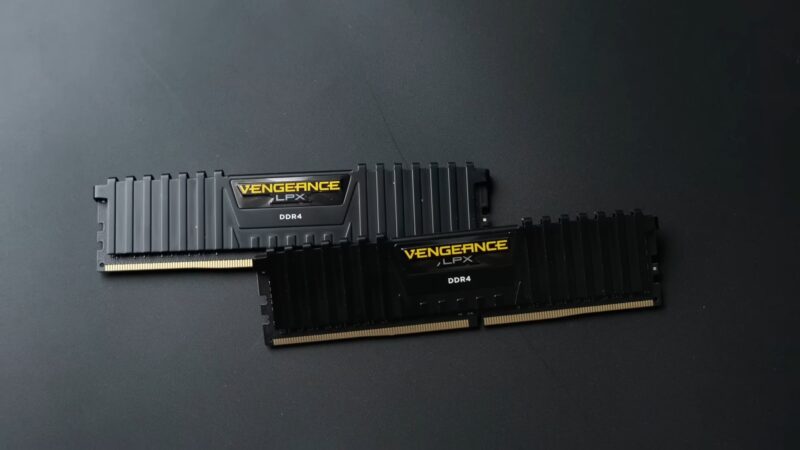
As technology continues to advance, the demand for more powerful computing solutions has grown. This has led to the development of devices with higher RAM capacities, such as 64GB, 128GB, and even 256 GB. While these configurations are not as common as 16GB and 32GB RAM, they cater to a niche market of users who require extreme levels of performance for specific tasks.
64GB RAM and Beyond – Who Needs It?
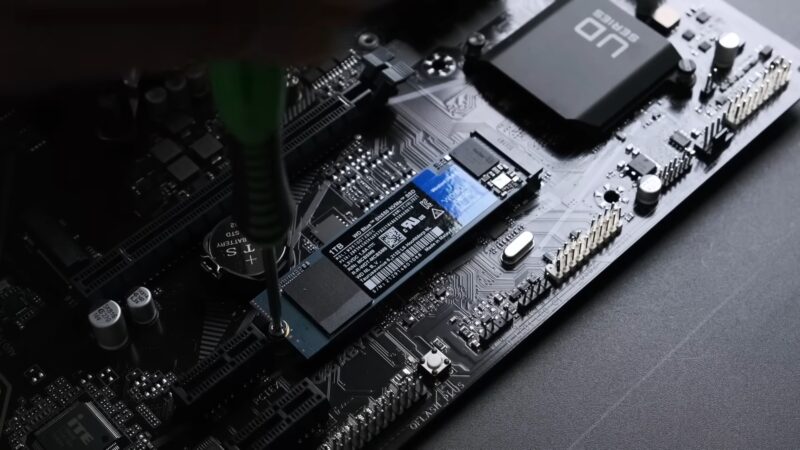
High RAM capacities like 64GB and above cater to a select group of users with specialized needs. These users typically work in fields like data analysis, scientific research, and professional content creation. Some specific use cases for high RAM capacities include:
Running Multiple High-Performance Virtual Machines
Users who need to run several virtual machines simultaneously, such as developers, network administrators, and security professionals, can benefit from high RAM capacities.
High-Performance Data Analysis
Data scientists, machine learning engineers, and researchers often work with large datasets, which require substantial RAM to process efficiently.
Advanced Content Creation
Professional video editors, 3D artists, and animators often work with large, high-resolution files that demand a significant amount of RAM for smooth operation.
Potential Benefits of High RAM Capacities
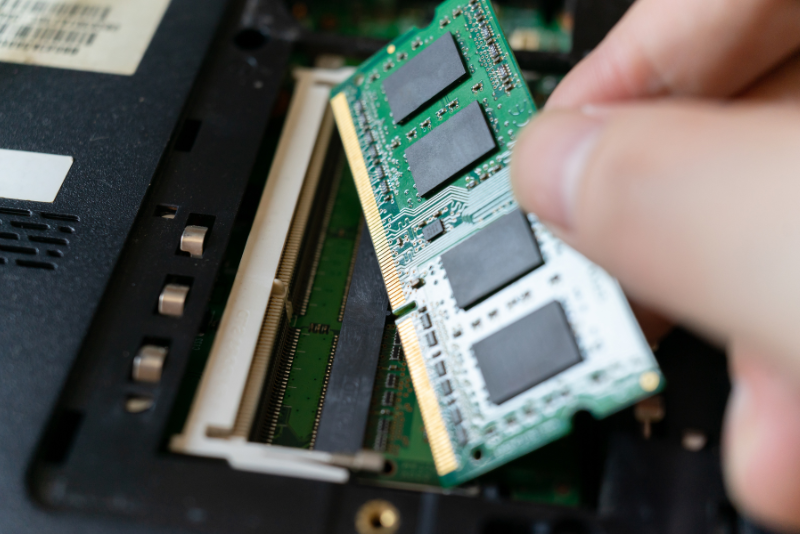
Enhanced Multitasking
With high RAM capacities, users can run multiple demanding applications simultaneously without experiencing slowdowns or crashes.
Faster Processing Times
Large datasets and complex simulations can be processed more quickly with higher RAM capacities, improving productivity for professionals in data-intensive fields.
Improved System Stability
As more RAM is available to handle resource-intensive tasks, the chances of system crashes or freezes are reduced.
Potential Drawbacks of High RAM Capacities
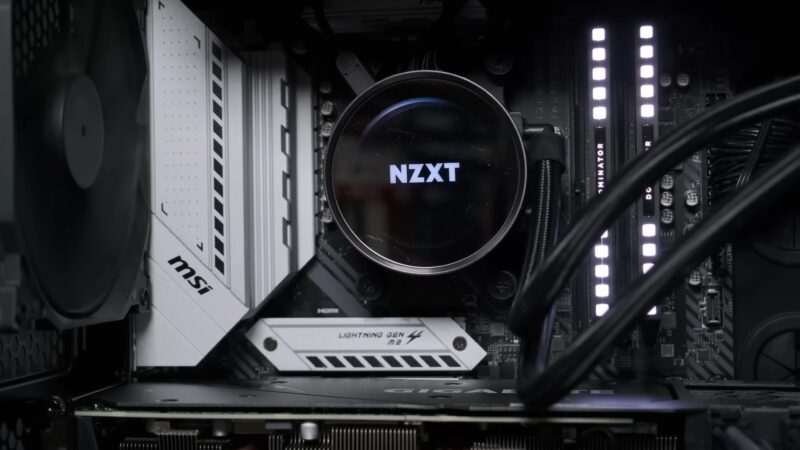
Cost
One of the main drawbacks of high RAM capacities is the increased cost. Not only is the RAM itself more expensive, but devices that support these high capacities often come with higher price tags as well.
Limited Compatibility
High RAM capacities may not be supported by all devices or motherboards, limiting the number of available options for users seeking these configurations.
While discussing the importance of RAM, it’s also essential to understand the components that accompany your motherboard, such as the inclusion or exclusion of SATA data cables, which can significantly affect your system’s overall performance.
Diminishing Returns
For many users, the performance benefits of extremely high RAM capacities may not be noticeable, especially if their tasks do not require such extensive memory resources.
So, Which One is Right for You?
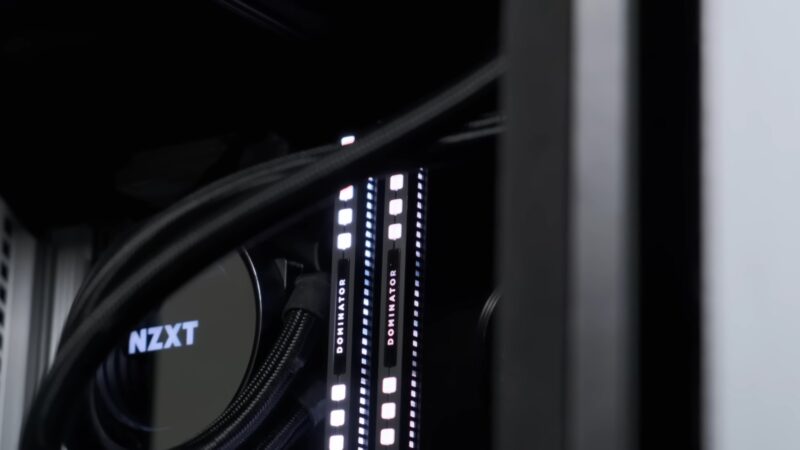
The answer depends on your specific needs, budget, and future-proofing requirements.
- For most users who engage in everyday tasks and light gaming, 16GB of RAM is more than enough. It offers a good balance between performance and cost, making it an ideal choice for the majority of people.
- For power users who frequently work with demanding applications or require extensive multitasking capabilities, 32GB of RAM is the way to go. While it comes at a higher cost, the increased performance and future-proofing benefits may be worth the investment in the long run.
While our discussion primarily focuses on RAM, it’s also important to consider other factors that can significantly affect your computer’s performance, such as the refresh rate of your monitor.
Final Words
Choosing between 16GB and 32GB of RAM can be a challenging decision, but by carefully considering your usage patterns, budget, and future-proofing requirements, you can make an informed choice that best suits your needs.
Remember, the right amount of RAM for you will depend on your specific use case and how much you’re willing to invest in your computer’s performance. With the information provided in this comprehensive guide, you should now be better equipped to make the right decision for your computing needs.


